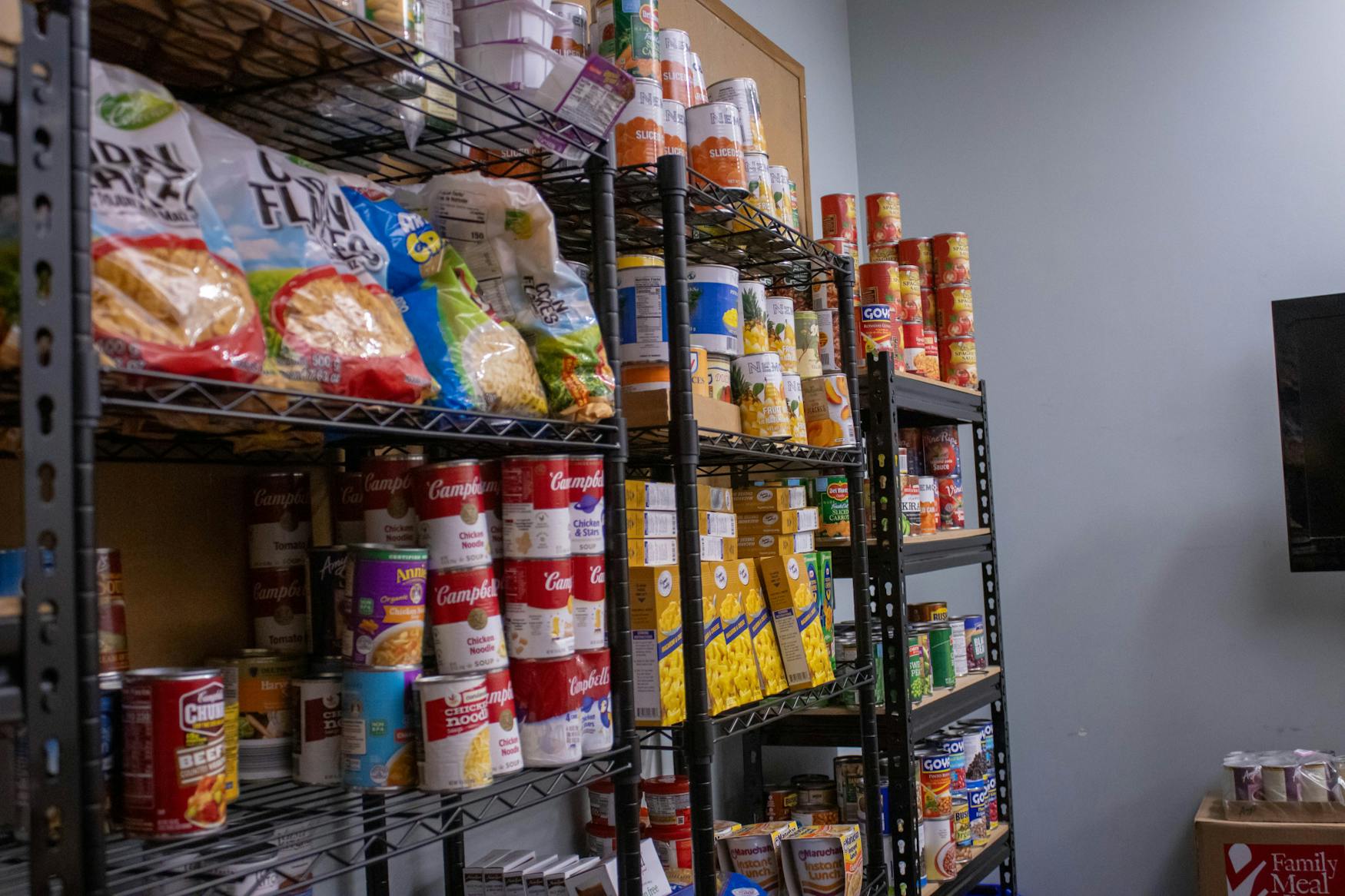The Brandeis Food Pantry finds a new home in the Shapiro Campus Center
The Brandeis Food Pantry, formerly known as the FRESH food pantry, has moved to the SCC — but what difference has it made?
The Brandeis Food Pantry, formerly known as the FRESH Food Pantry, was founded in June 2018. Though its doors are open to any member of the Brandeis community facing food insecurity, the pantry was originally oriented toward graduate students. Since its founding, the BFP has moved from the Office of Graduate Affairs, to the Usdan Game Room and finally, to room 316 in the Shapiro Campus Center. Additionally, the BFP partnered with Healthy Waltham, a local food pantry from which it receives donations, shortly after its founding.
In a March 13 interview with The Justice, Vice President of Student Affairs Andrea Dine commented on some of the reasons for the switch. According to Dine, the Fall 2023 construction of Usdan Student Center both prompted the move from the Usdan Game Room and allowed the BFP to find a more suitable location. Dine specified some of the assets of the new pantry location, commenting “[The BFP] was literally in the game room. So it was super public, super open. And so it was very visible who was coming in, taking things or not because it’s a glass wall there.” Dine hopes that the new location in the SCC will be at once more “private and accessible.” Dine also noted that for the first time in its history, the BFP has a refrigerator, though they are not yet distributing perishable items.
The Vice President of Student Affairs added that moving the BPF to the SCC did not change the number of students receiving food. According to her, the number of students picking up food in the BPF usually fluctuates from 40 to 60, resting somewhere around the fifties. In fact, around half of the students who are currently registered for food from the BPF do not pick it up. “We’re getting food for 44 students at the moment and 24 actually picked it up,” she noted.
Dine expressed her concern for the graduate student population in particular. According to a recent study, 17% of graduate students and 13% of postdoctoral trainees experience food insecurity compared to a national average of 12% of U.S. citizens. Food insecurity, as Dine puts it, is a “complex web of financial need.” It is just a piece in a balance between housing needs, transportation needs, familial needs and more. In the future, she hopes to create more holistic financial resources for graduate students and take more of these elements into consideration.
Olivia Leland ’24, a fourth year graduate student, also discussed the greater issue of financial insecurity for graduate students. Though she does not currently use the BFP, Leland explained that she used various food pantries through her undergraduate experience and is connected to current users of the BFP. Leland explained during a March 15 interview with The Justice, “A lot of [graduate] students do not make a lot of money,” also mentioning that from what she has seen, humanities students tend to use the BFP more often than STEM students due to having generally lower stipends.
For Leland, however, a different change was much more impactful in the BFP’s functioning: the switch to its current system of food distribution. Since October 2023, the BFP has required that recipients register via an online form to receive pre-assembled bags of non-perishables. An email that Leland received from the Office of Graduate Affairs on Oct. 11, 2023 attributes the need for this system to the “overwhelming presence at the pantry open house” — a puzzling statement considering that, according to Dine, participation in the pantry has remained somewhat stable. While Dine commented that the form to receive food is designed to be as simple and accessible as possible, Leland articulated simply “that was a switch that was harmful to grad students, ultimately because there’s rationing. [You] can’t just go get food.”
Leland also mentioned the role of food insecurity in the graduate student unionization process. Though the graduate student body was already in the process of unionizing when the BFP’s food distribution system changed, Leland explained “that system came out right before our election and I think for a lot of people it solidified ‘yeah, we need to do this’ … We’ve already had so many issues with food insecurity and that was the icing on the cake.” Additionally, according to her, a lot of graduate students are probably seeking healthier, more “cookable” options from the pantry. Like Dine, she hopes that the pantry might be able to use its new fridge to distribute produce in the future.




Please note All comments are eligible for publication in The Justice.